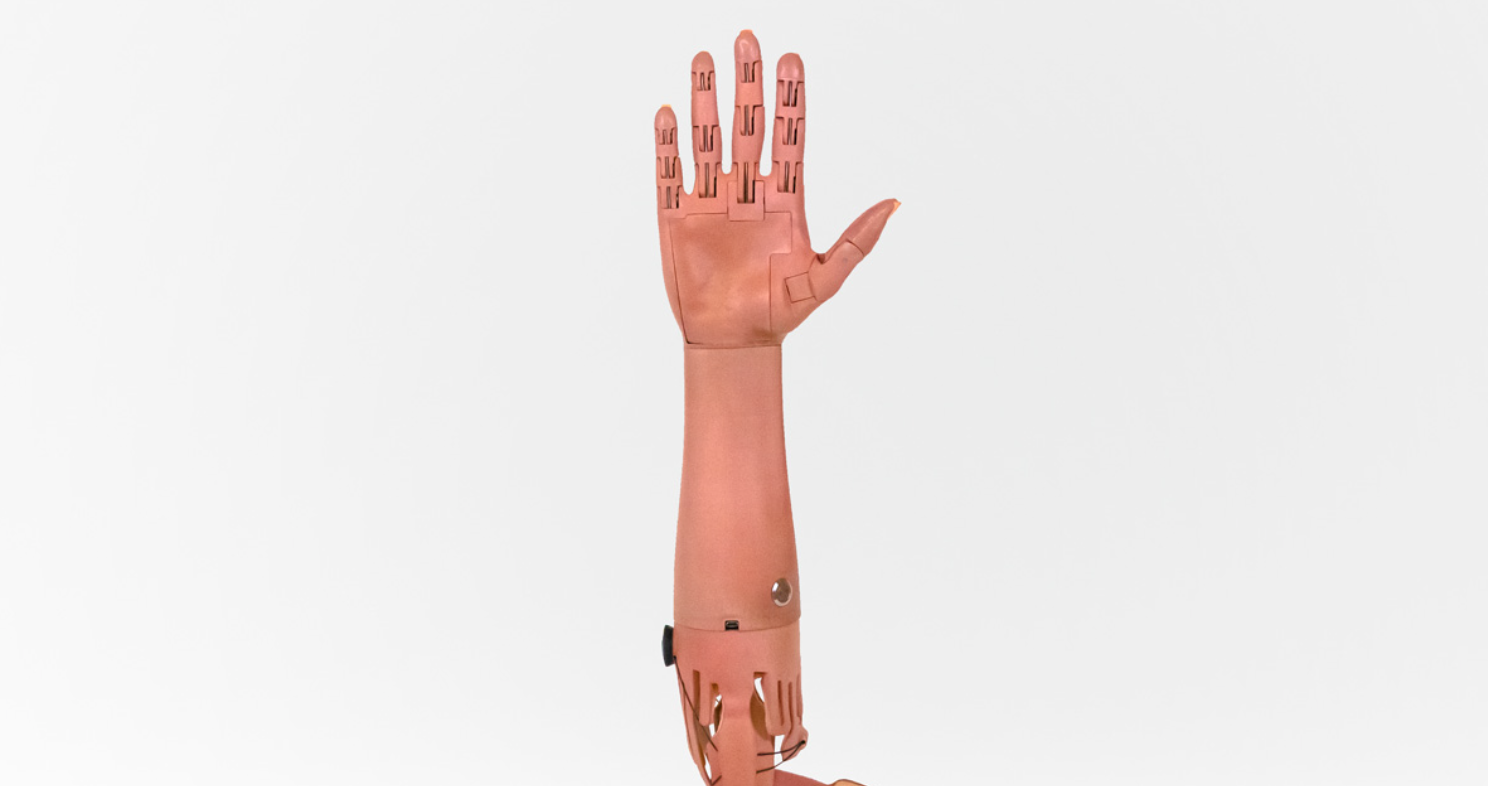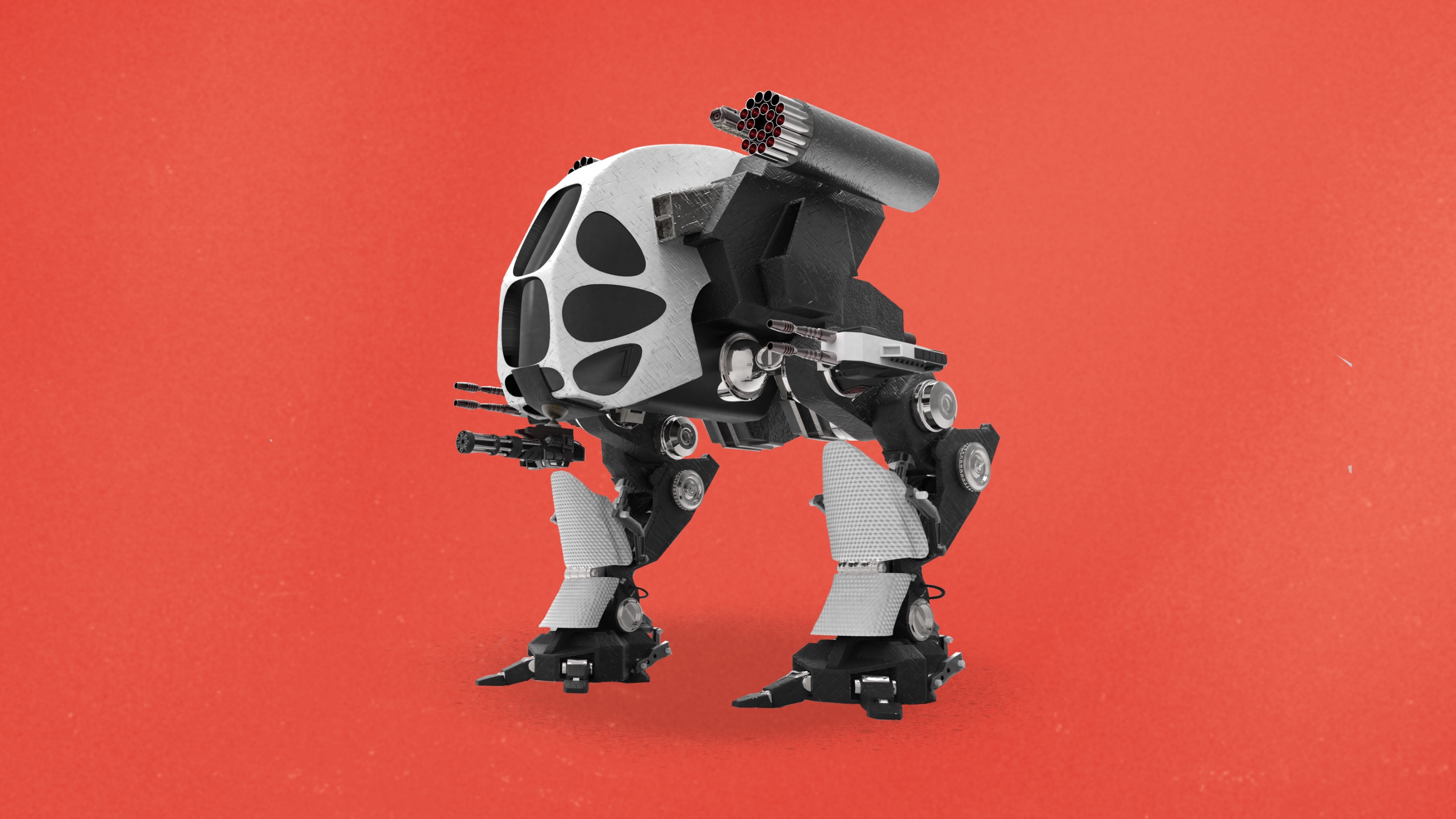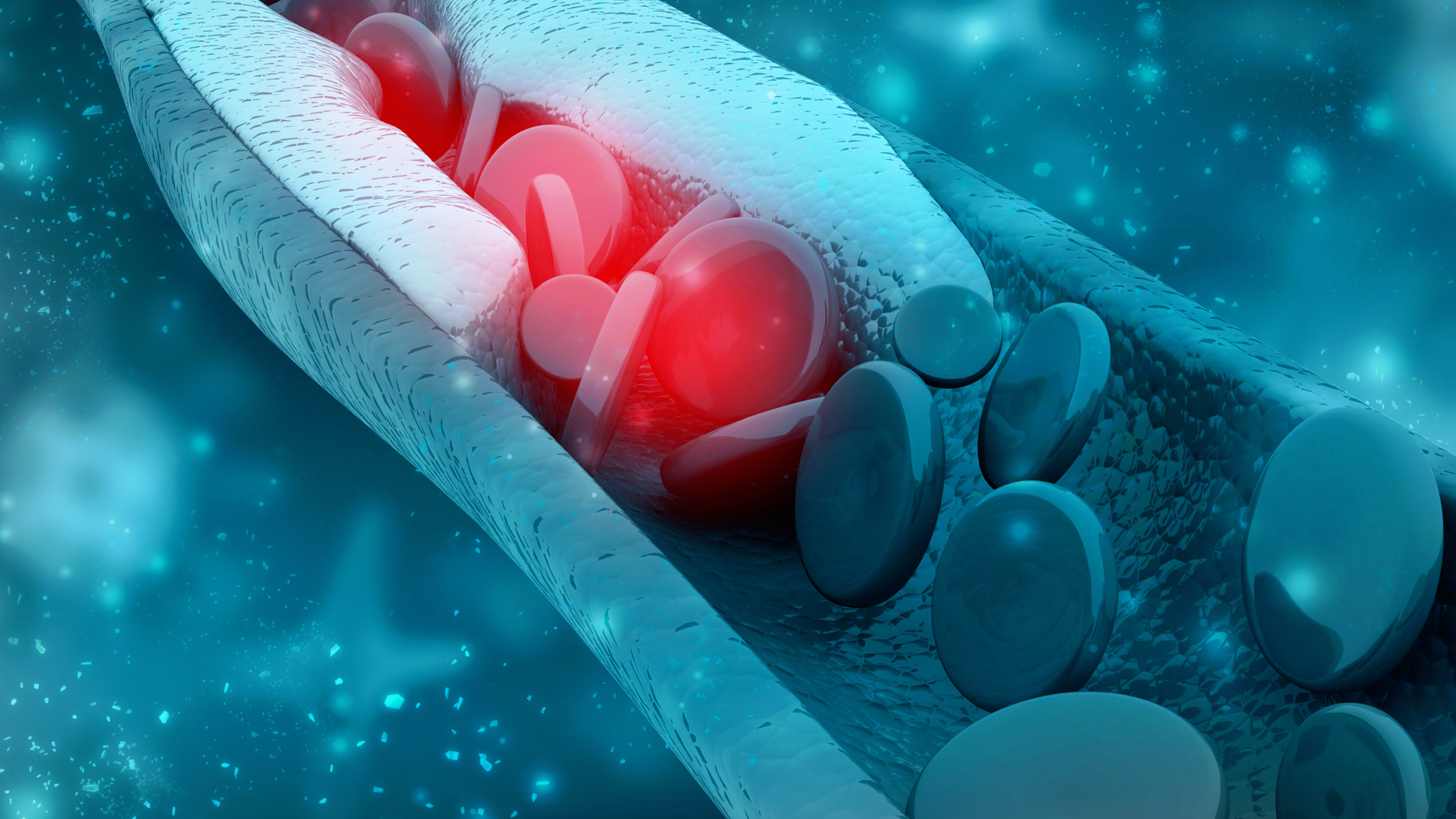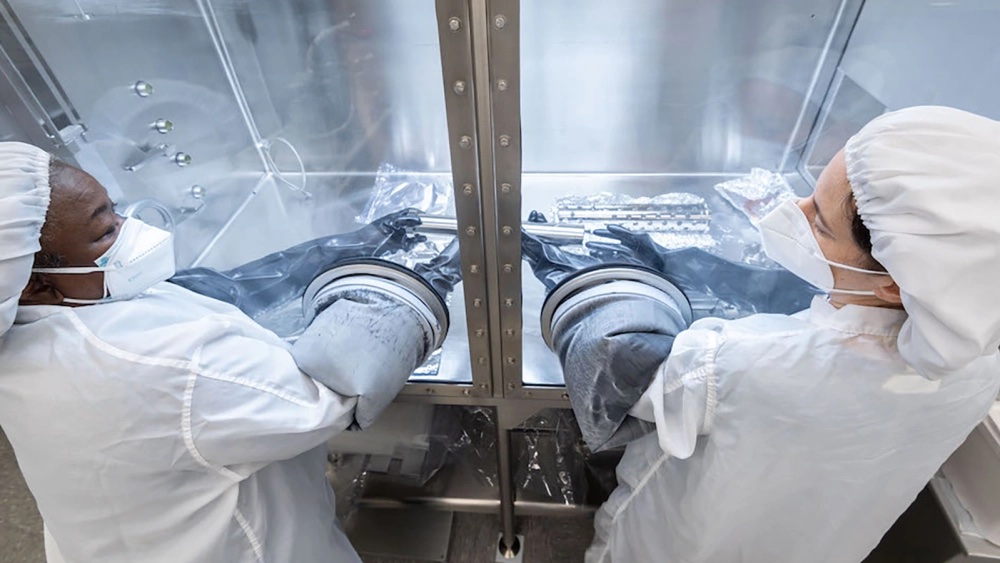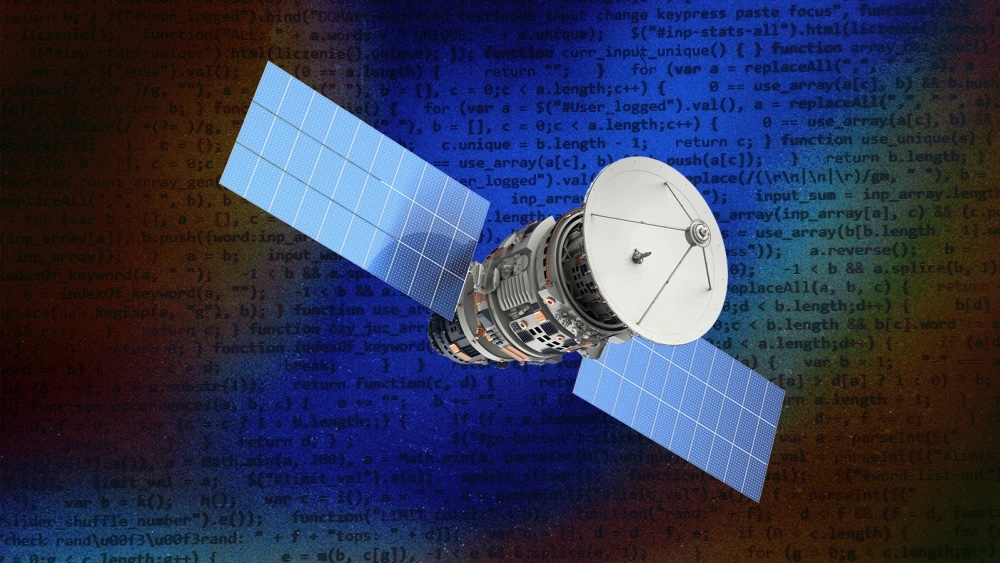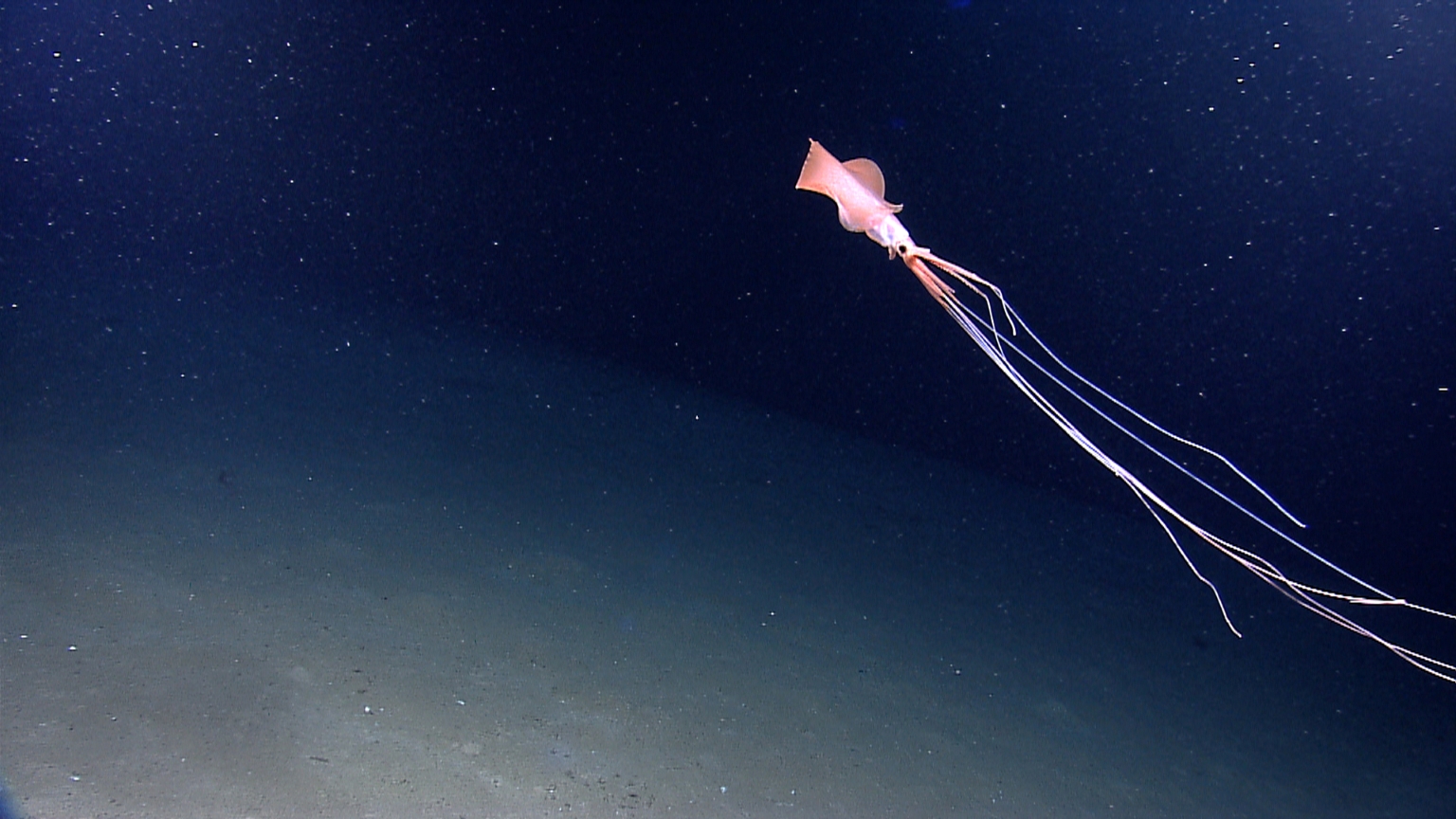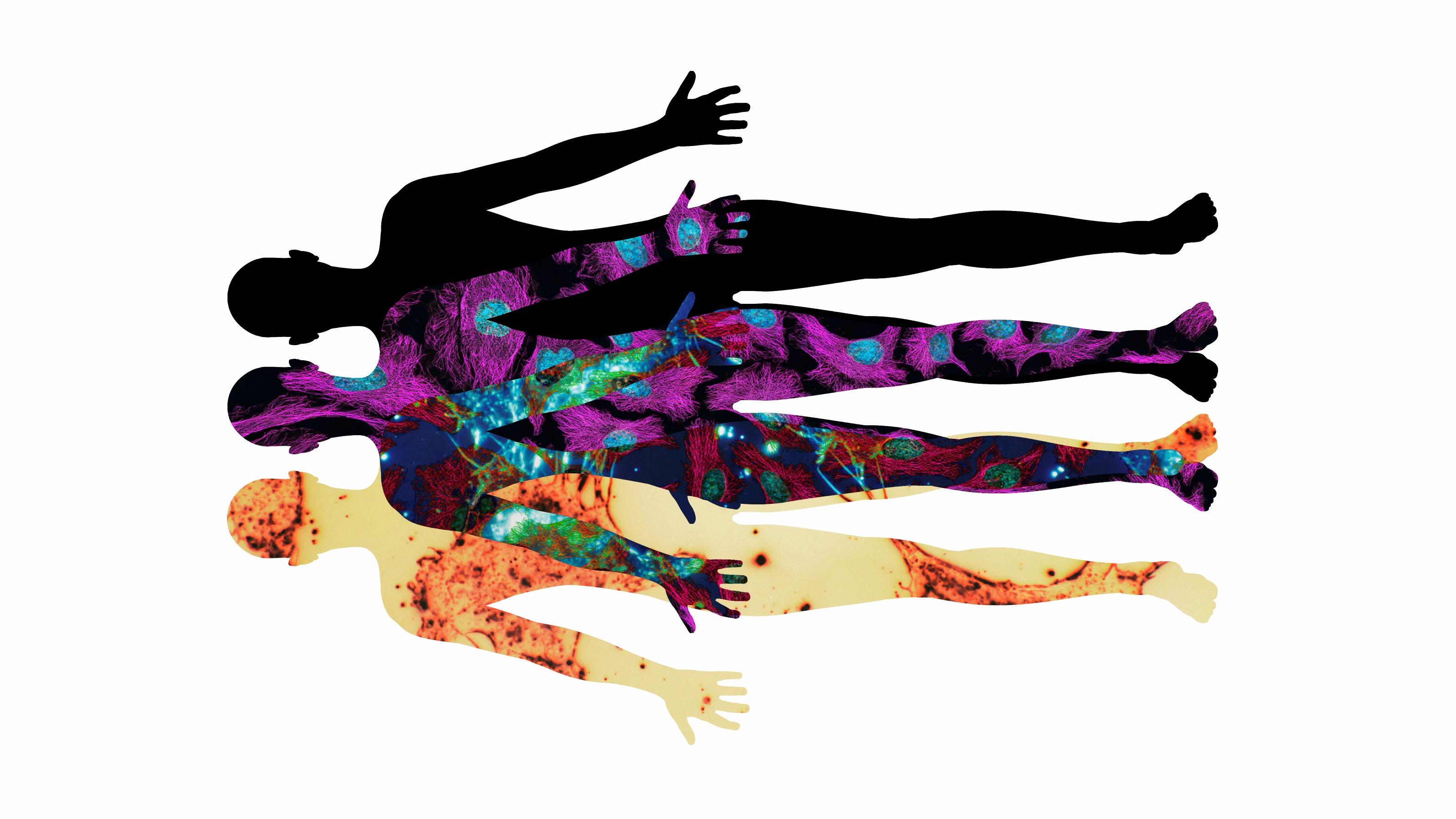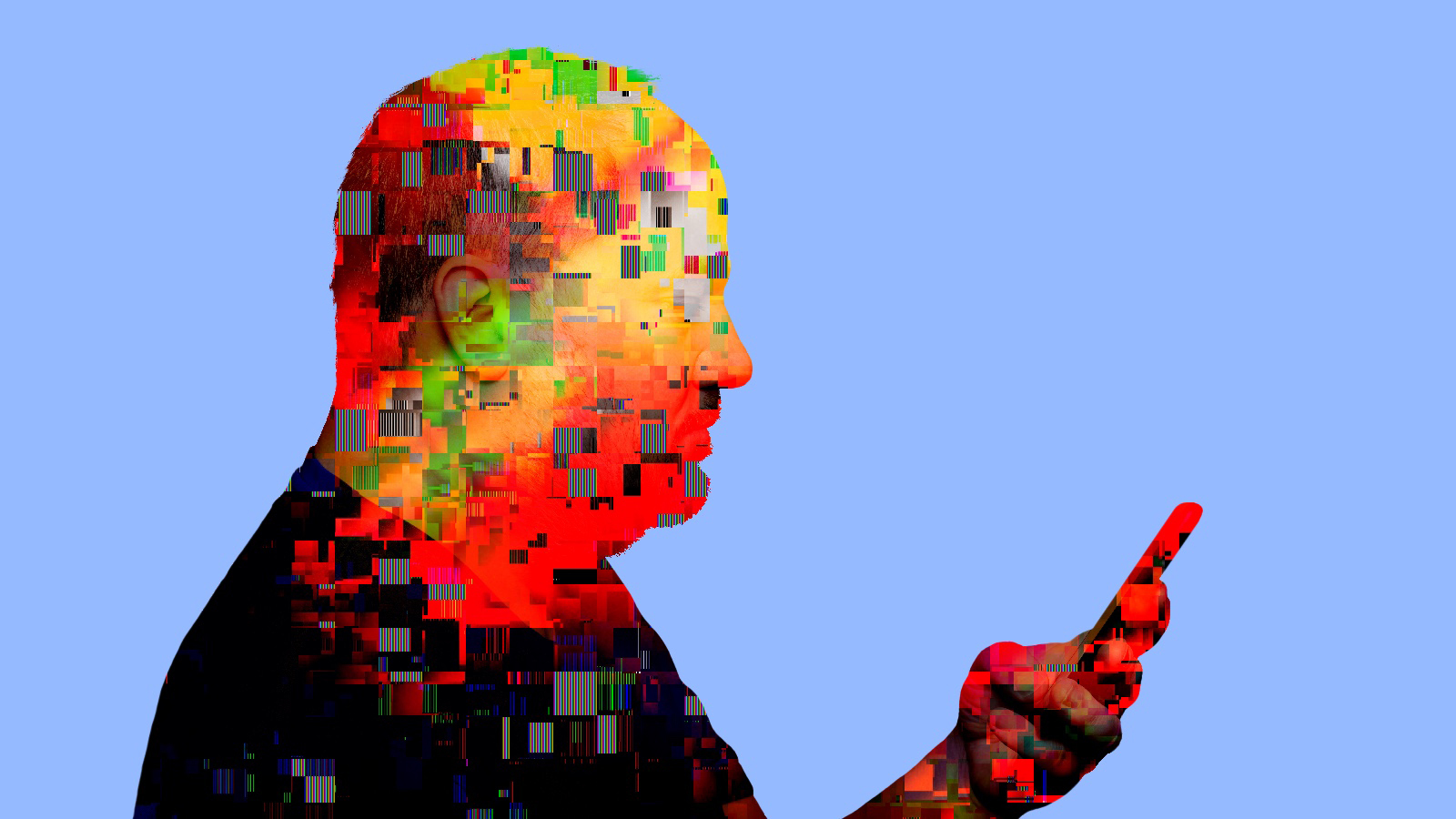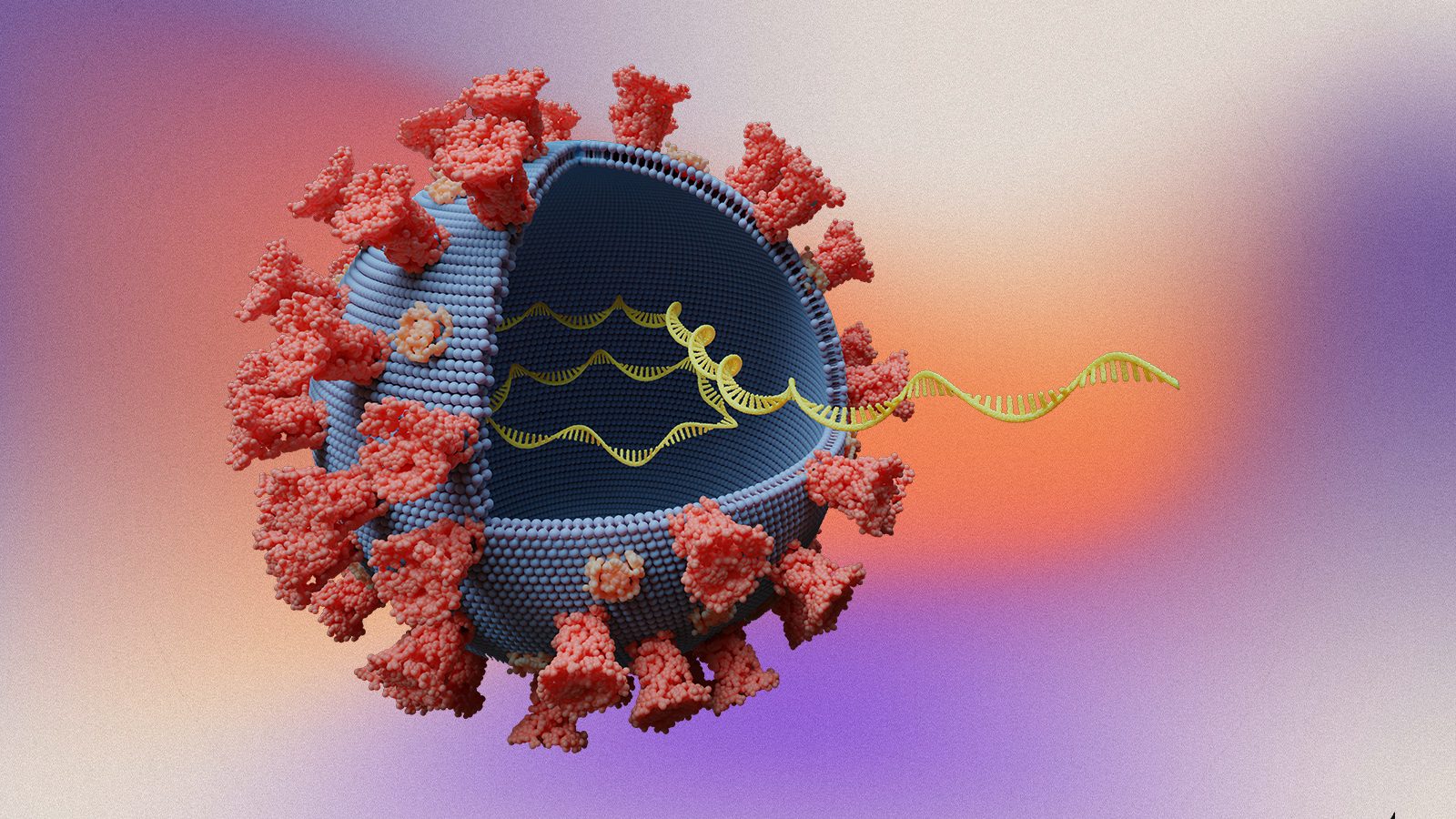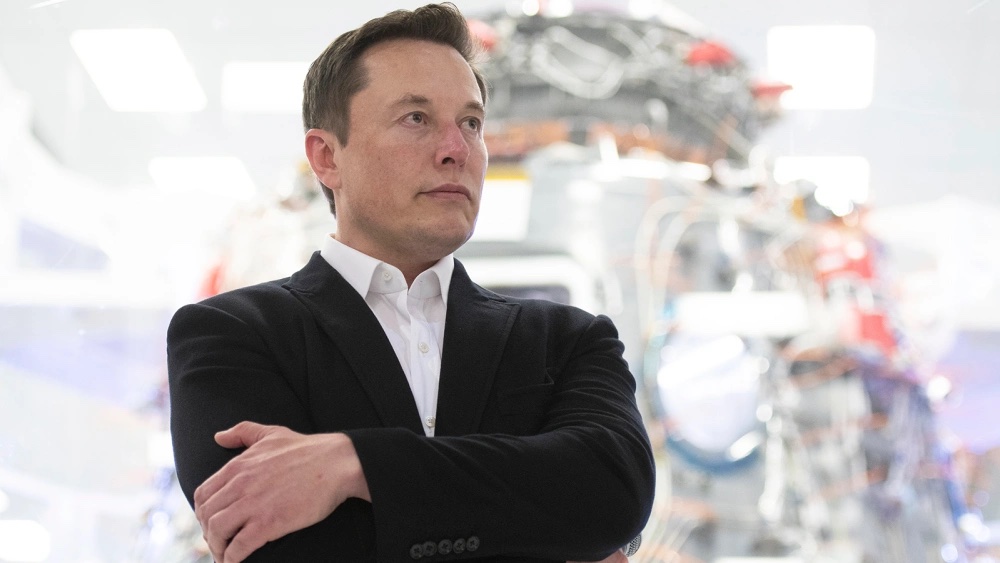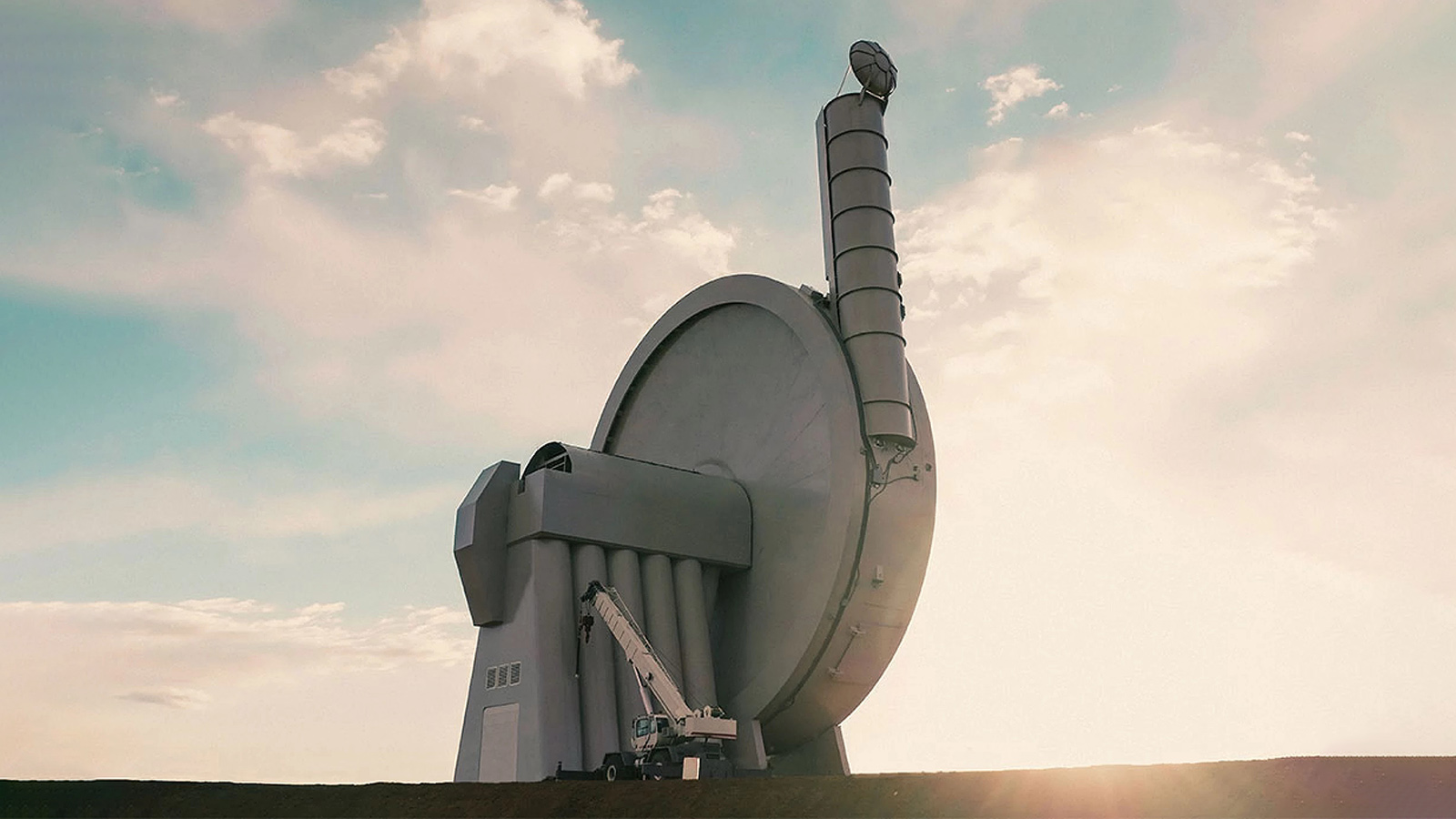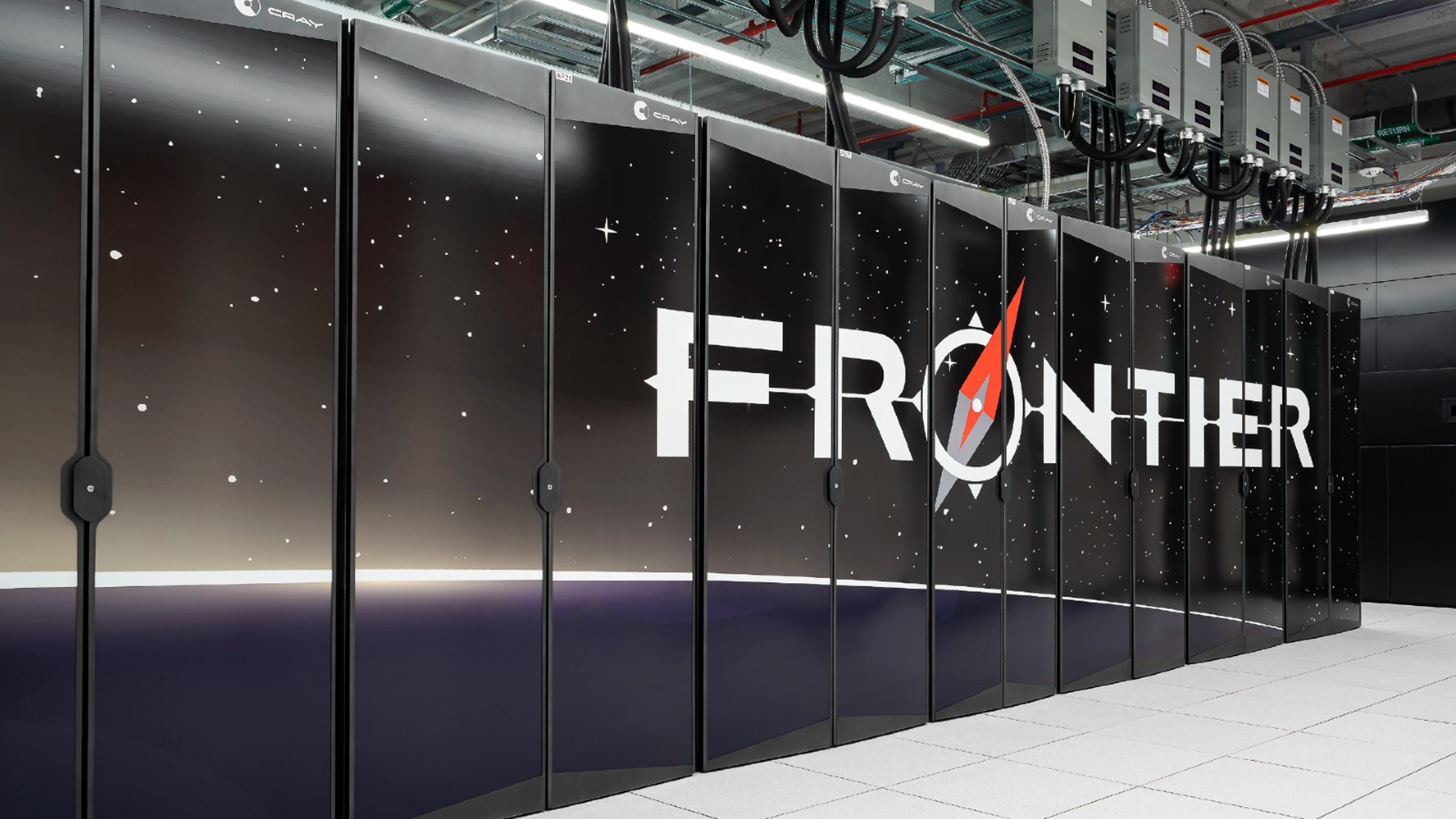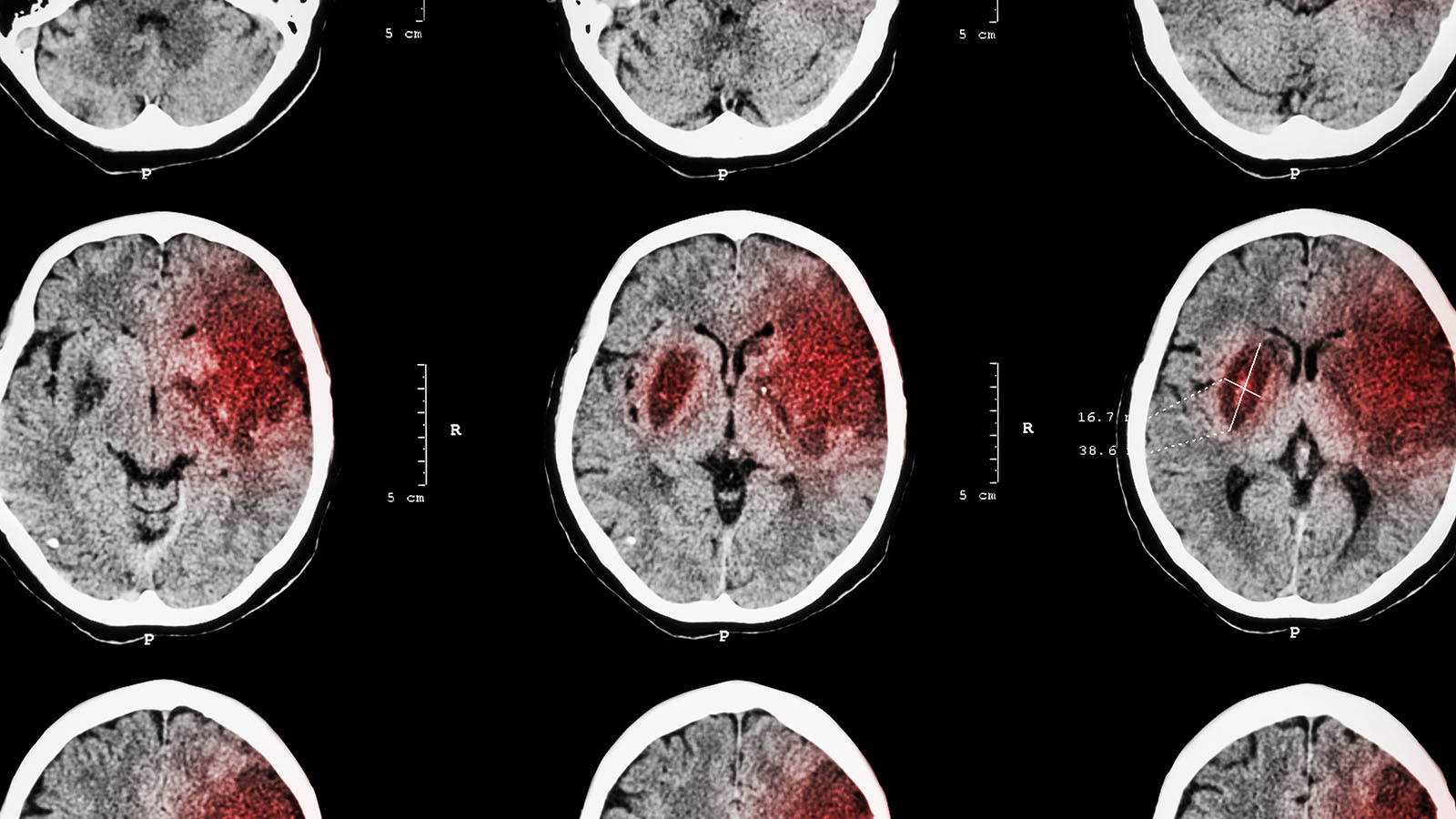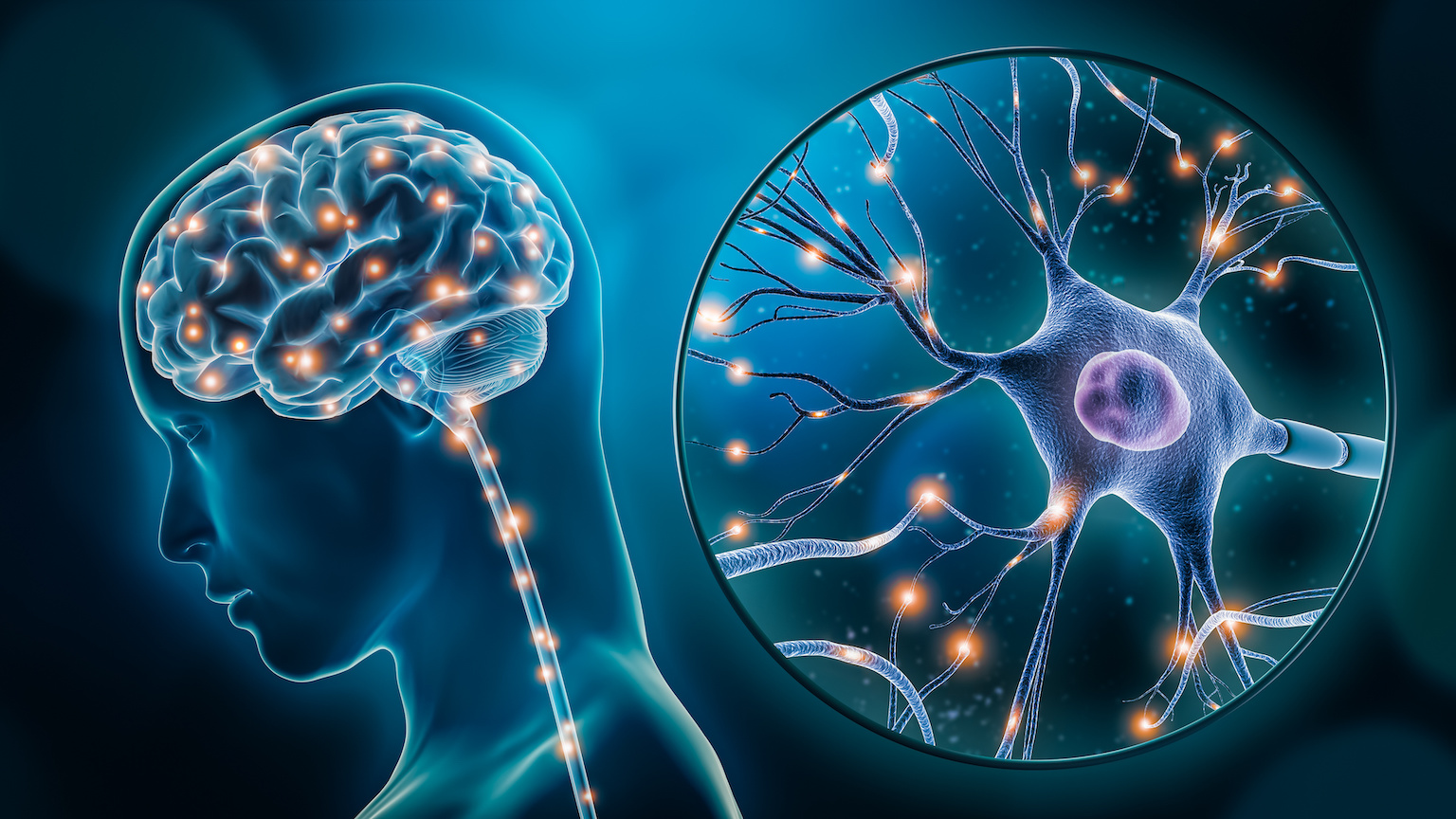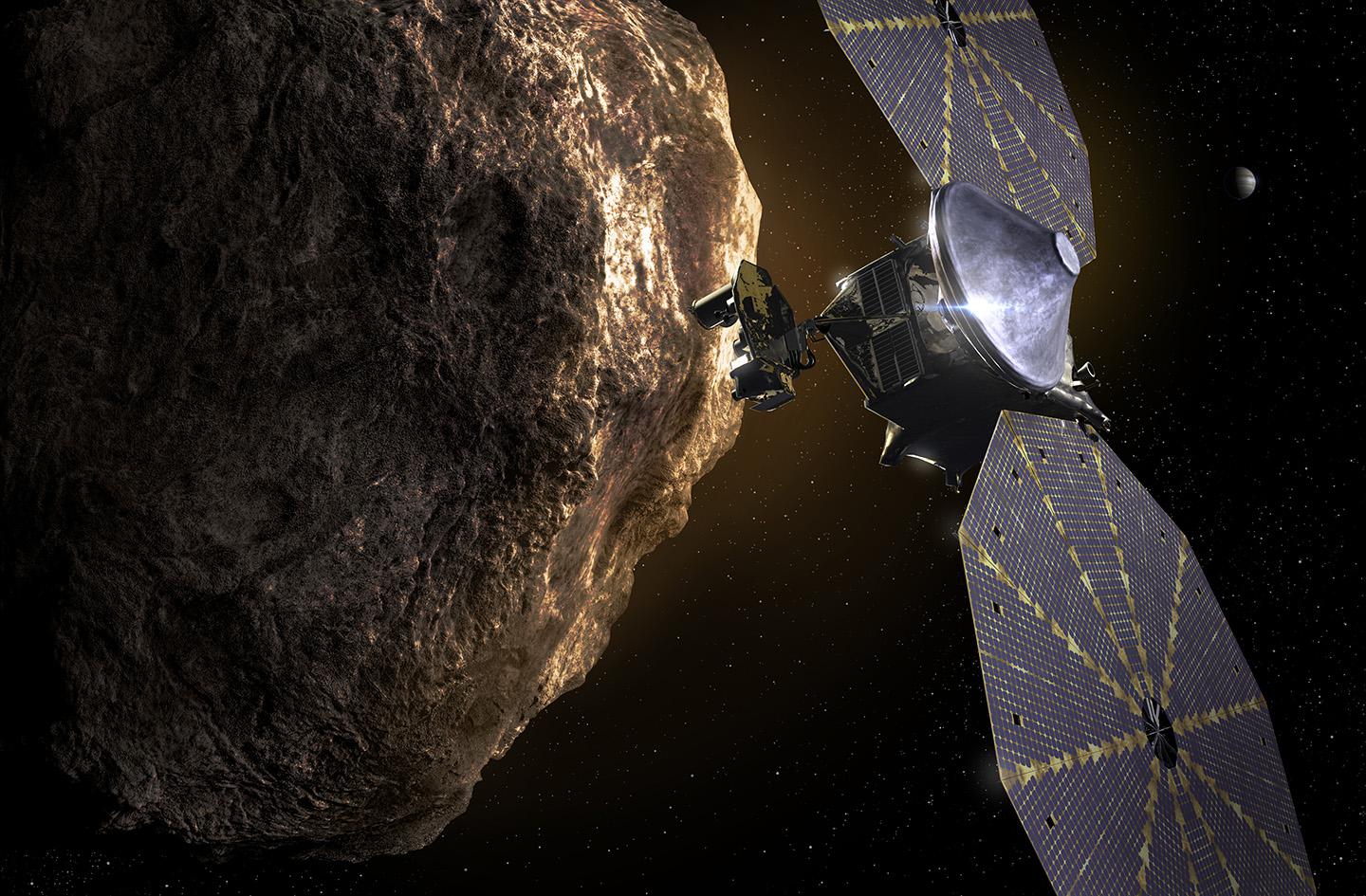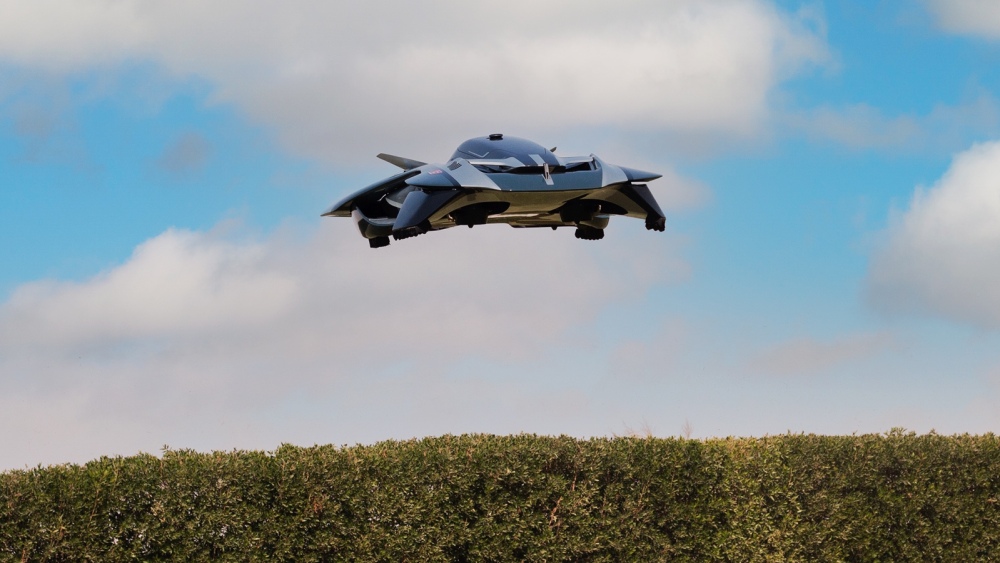Prosthetic arms can cost amputees $80,000. A startup called Unlimited Tomorrow is aiming to change that by making customized 3D-printed bionic arms for just $8,000.
Search Results
You searched for: Freethink *
"Lethal autonomous weapon" sounds friendlier than "killer robot."
It could permanently lower cholesterol — and permanently reduce your risk of having a heart attack.
Knowing that technology would advance in the future, NASA put some moon rock samples into storage without opening them. Now, they have.
The Rubbee X requires almost no setup and is far cheaper than a brand new e-bike.
"Dead" satellites aren't just space junk. They are also targets for hackers to hijack and use to broadcast misinformation.
Deliveries of the $250k Lightyear 0 will start in November 2022.
Deep learning AI has accurately created color images from night vision images.
A successful trial that tested a vaccine against bladder cancer in dogs could help develop a similar one for humans.
Scientists captured it on footage 1.5 miles below the surface.
The first human trial of base editing delivered strong results along with some safety concerns.
Analog could serve as "always-on" computing, while digital is turned on only when necessary.
From grave robbing to giving your own body to science.
The phenomenon of “digital dementia” might not be real after all.
Astronomers used supercomputers and an international network of antennas to create the stunning map.
The spray uses snippets of DNA to gum up virus replication.
Disulfiram is an FDA-approved drug for the treatment of chronic alcoholism. It might also serve as anti-anxiety medication.
Google’s “Genie” could be used to create a wide range of interactive environments for more than just games.
Spotty connectivity isn’t going to jeopardize Ukraine’s drone attacks.
Spin, spin, spin — fire! The startup’s radical system could make satellite launches cheaper and cleaner.
Frontier, the ORNL supercomputer, used machine learning to perform 9.95 quintillion calculations per second.
The common drug is called gabapentin, which is currently used to control seizures and manage nerve pain.
The vaccine provided protection for mouse and ferret models.
Scientists found a way to revert pain in mice using gene therapy. Perhaps the same technique could be applied to humans.
It could make enough drinking water for a family of four.
NASA will use energy from Earth's gravity to launch the Lucy spacecraft in October of this year.
From Amazon to the US Army, everybody wants one (or 150).
This flying car — more properly called an "electric vertical takeoff and landing (eVTOL) vehicle"
— will seat five and fly up to 135 mph.
Made from concrete, it cost 15% less per square foot to construct than a typical house.
How our fantasy world of the past has become everyday reality.
